
News + Events
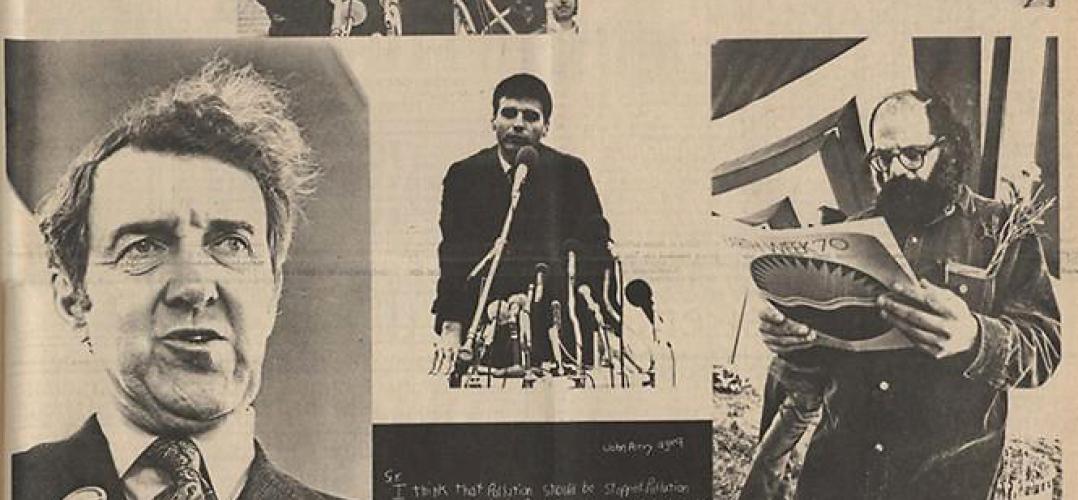
50 Years Later, Ian McHarg's Ideas Still Define Landscape Architecture
In McHarg’s wake, it’s hard not to read much of landscape architectural labor as either an endorsement or a critique of his ideology and methods. Many of his acolytes still carry his torch, exemplified by works such as OLIN’s Los Angeles River Master Plan, which directly employs land suitability methods across a 51-mile stretch of one of the nation’s most highly engineered waterways. Still, practitioners like Anne Whiston Spirn and James Corner Field Operations have challenged McHarg’s methods, arguing in various ways against the rationality of his plannerly approach and for more ethnographic and hermeneutic engagements with people and land. Spirn’s West Philadelphia Landscape Project is a career-long endeavor devoted to building community literacy and power around green infrastructure in West Philadelphia, while Field Operations’ Freshkills Park, a 2,200-acre greenbelt capping a Staten Island landfill, has been similarly slow to gestate and isn’t expected to open to the public until 2036.
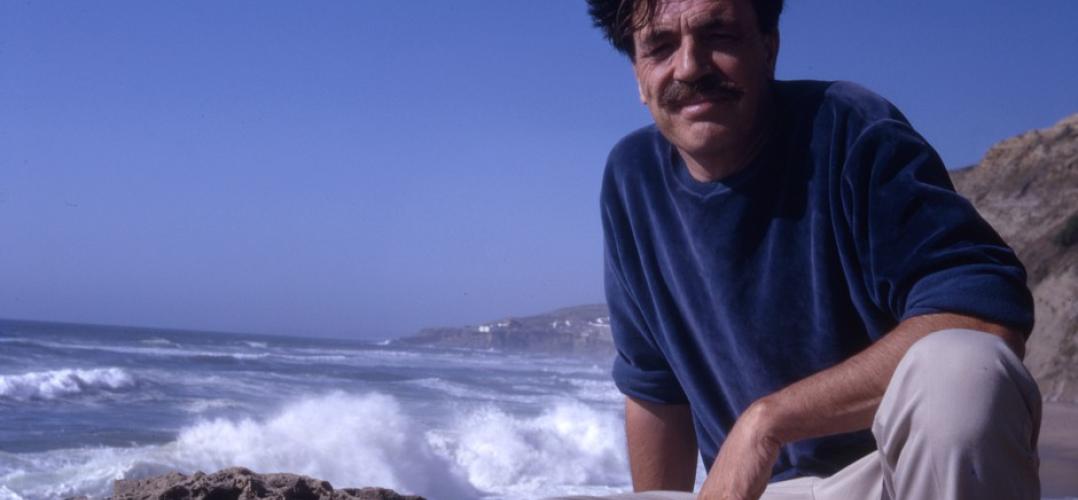
How Ian McHarg Taught Generations to 'Design With Nature'
The last 50 years of landscape architecture and environmental planning belong to Ian McHarg. In theory and practice, no designer has done more to stoke the public imagination or reshape the professions around the environment. And nothing captures the scope and scale of his legacy better than his landmark book, Design With Nature, published in the spring of 1969.
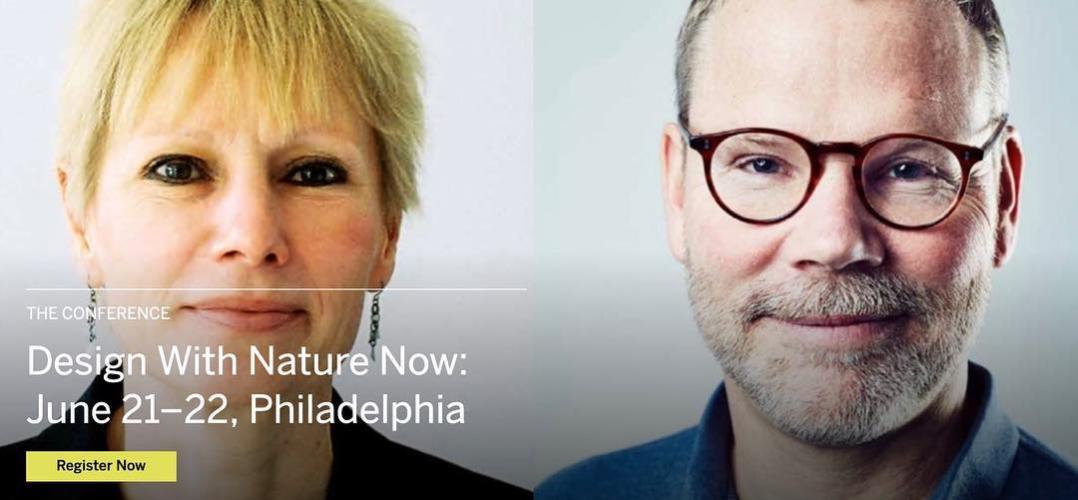
It's Time to Design With Nature Now
Fifty years after Ian McHarg’s landmark book Design With Nature (1969), Design With Nature Now comprises three parallel exhibitions, an anthology, and a major international conference featuring leading design thinkers and practitioners from around the world.
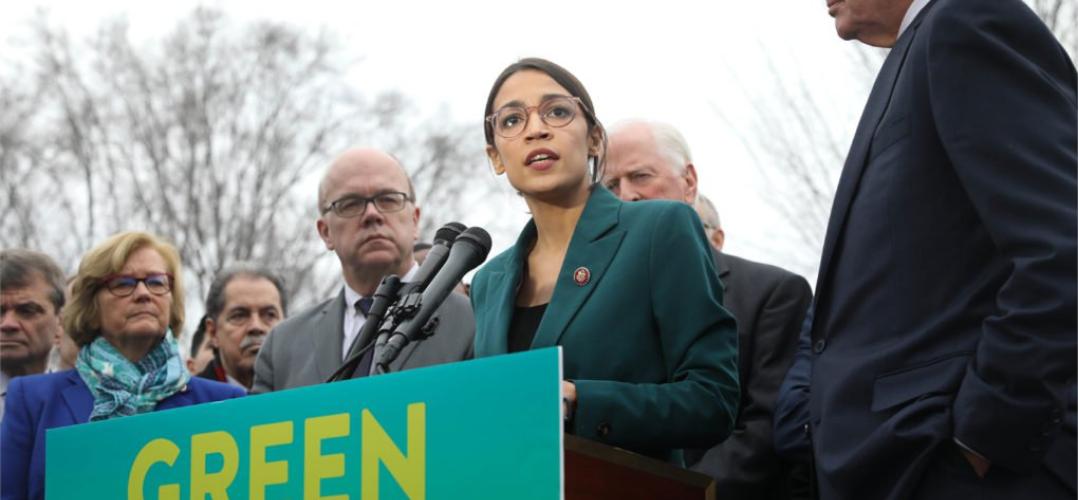
Design and the Green New Deal
"The revival of an activist federal design bureaucracy is necessary to the success of a Green New Deal. It also presents a unique opportunity to create alternative models of practice in landscape architecture."
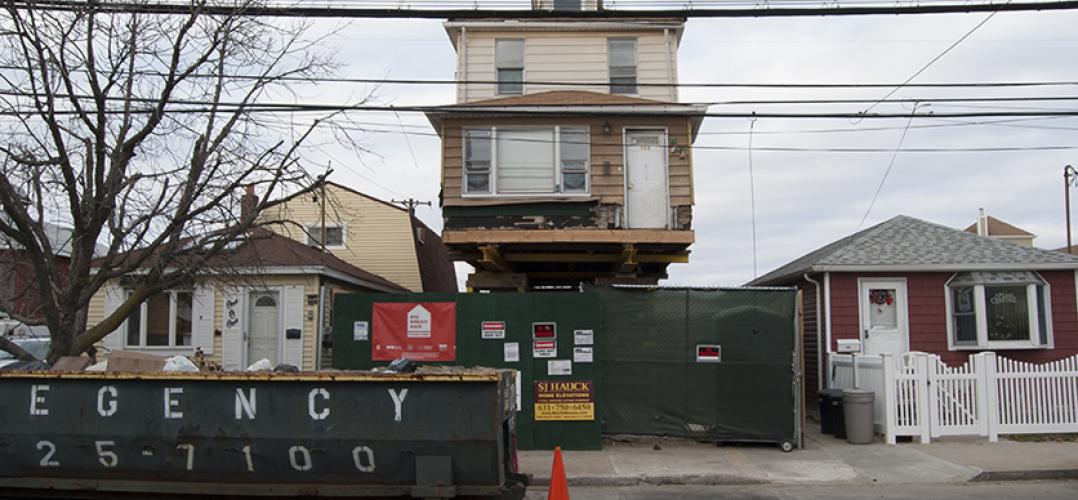
Liminal Frontier: Climate Adaptation and the American Coast
Visualizing climate change is a challenge that is evident in our collective inability to process, understand, and imagine what the future world will look like on a grand scale. We are told with more regularity than ever before that certain weather events are the most severe, the most catastrophic, and the most rare. But many of us around the world—those fortunate enough to have been spared from a terrible environmental disaster—don’t experience these events in a way that encourages, or demands, lifestyle change.
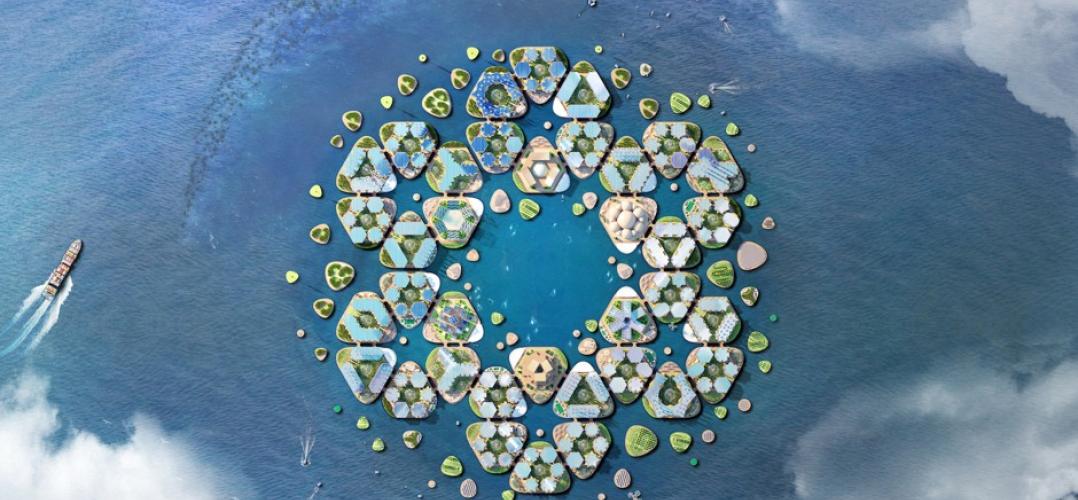
Floating Cities: The New Future for Climate Refugees?
“I was a little surprised to see [Oceanix City] received so eagerly by the folks at the U.N. It says a lot about the depth of thought that was put into this proposal that the big idea is to take all of our poorest, most vulnerable people — climate refugees — and stick them on an island that’s out of sight and out of mind.”
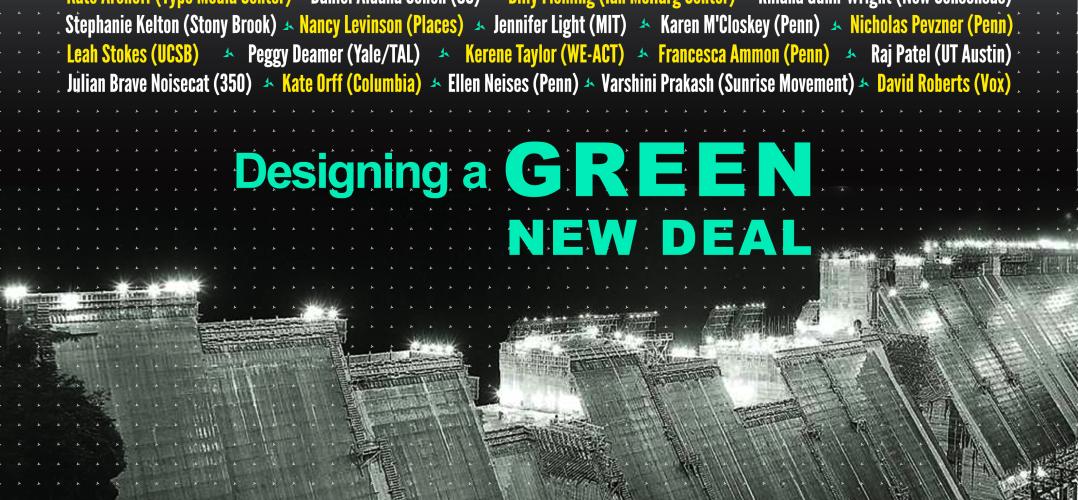
Designing a Green New Deal
Naomi Klein, Kate Aronoff, Kate Orff, David Roberts, Rhiana Gunn-Wright, Jane McAlevey, and many other leading voices in climate policy, organizing, and design will join us on Friday, September 13th for this landmark event. We fully expect this event to be at capacity. Reserve your seat today and make plans to join us!
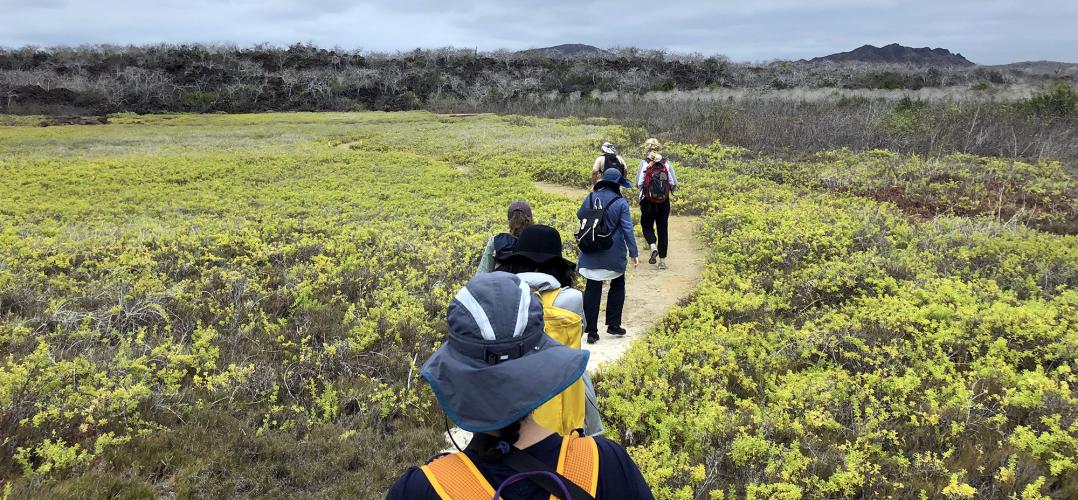
Designing with nature, now
Thanks in large part to the foundation Ian McHarg built, the University of Pennsylvania Stuart Weitzman School of Design's Landscape Architecture Department has led the field for decades. Here’s a glimpse at how it’s staying relevant as the importance for the profession grows.
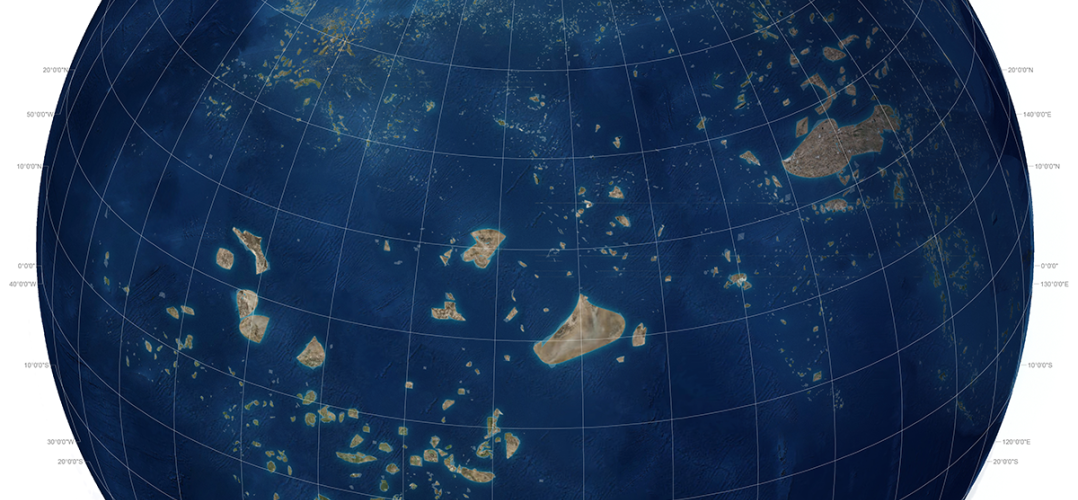
Announcing the Hotspot Cities Symposium
For the last few years as we've built up the McHarg Center's research agenda, we have focused on the global issue of urban sprawl in regions where it is on a collision course with high-value, biodiverse landscapes. We don't just mean cute and cuddly animals, but entire ecoregions which are threatened by rapid development. This research is now focusing on a set of 33 cities...
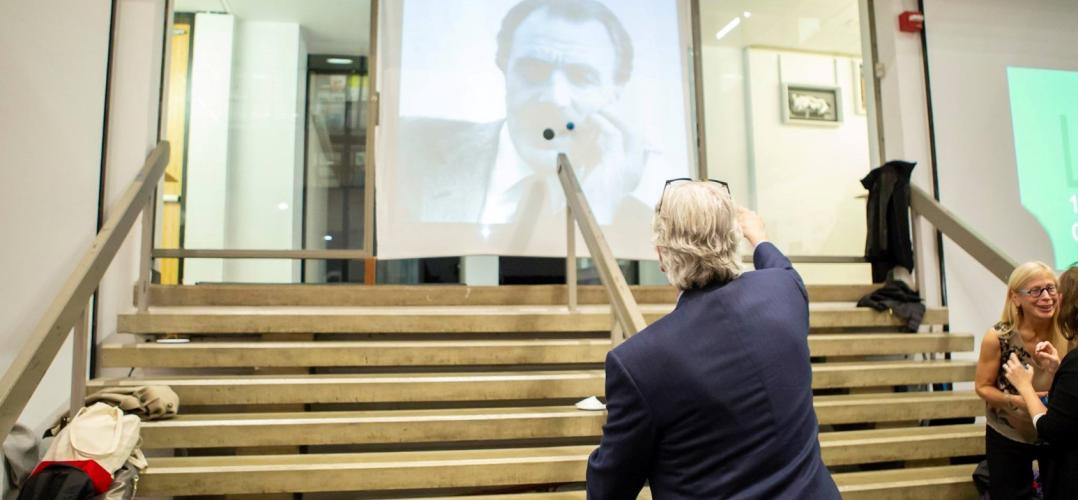
December in the McHarg Center
Dean and Co-Executive Director Frederick Steiner pens an end-of-year note for the Center:
"From northern California to the Carolinas, it’s been another harrowing year in climate news. But there have been bright spots, like the deal reached by diplomats at the UN summit in Poland to rescue the Paris Agreement. No less than the policy makers, those of us in design and allied professions have a major role to play in tackling climate change, and we’re up to the challenge.
Ahead of The McHarg Center’s official opening next year, we’ve already begun laying the groundwork to have a significant impact. We’ve secured our capacity for research by establishing the Wilks Family McHarg Center Directorship with a transformative gift from PennDesign alumna Barbara Wilks and her sister Nancy Lanni.
We welcomed two of the most influential voices on climate change to Penn for standing-room audiences: first a talk by Rolling Stone’s Jeff Goodell, then a panel discussion with 350.org’s May Boeve. Thanks to the generosity of Bonnie Stone Sellars, a Penn alumna who serves on the PennDesign Board of Overseers, both events were free and open to the public, ensuring that the next generation of architects, landscape architects, and planners could take part, along with scholars across Penn and professionals in our community. On the research front, we’ve undertaken two major projects for publication in 2019, thanks to those who supported the LARP 100 Fund and The McHarg Center’s Discretionary Fund: The Next 100 Million Project and The Hotspot Cities Network.
But we are just getting started. 2019 promises to be a watershed year for Penn, the School of Design, and all our professions. We need your time, your ideas, and your direct support to make it a reality—and there are so many ways you can get involved, including:
- Registering today for Design With Nature Now, the international conference and exhibitions framed by the 50th anniversary of the publication of Design With Nature. Held from June 21-22 here in Philadelphia, it’s being kicked off by Ursula Heise and Erle Ellis.
- Signing on to sponsor the conference, available at one of three levels to suit your budget or your firm's.
- Contributing to the $500,000 at 50 fund to help support ever more ambitious research and public programs in the center.
- Making a gift to the McHarg Dual Degree Endowed Fellowship Fund, which provided financial support to graduate students studying for a dual degree in Landscape Architecture and City Planning, or to the Ian McHarg Professorship which supports a leading Professor in Landscape Architecture at PennDesign.
- Making a long-lasting contribution to the Center's efforts by establishing a fellowship to support graduate research assistants or discuss adding the McHarg Center to your estate plans. Contact Ben Ginsberg, Major Gifts Officer, for more information at bginsberg@design.upenn.edu or 215.898.0469.
Looking back on all that we've accomplished in 2018, I'm deeply grateful for your vision and commitment to build a more equitable, resilient future. As we work together to make it happen, I hope you'll take the opportunity to strengthen your involvement in the McHarg Center today."